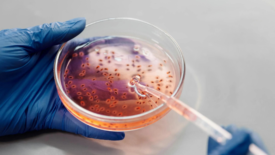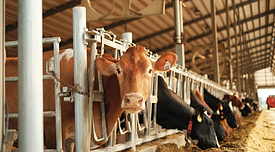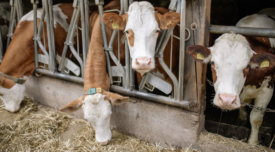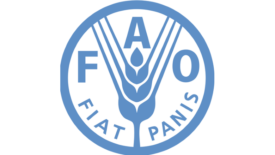Home » Keywords: » AMR
Items Tagged with 'AMR'
ARTICLES
The Art of Bacterial Warfare: Know Thy Enemy
A new European project investigates the antibiotic resistance microbiome in oyster culture regions and seeks to unravel how antibiotic resistance genes move in the surrounding habitats
April 15, 2024
Never miss the latest news and trends driving the food safety industry
eNewsletter | Website | eMagazine
JOIN TODAY!Copyright ©2024. All Rights Reserved BNP Media.
Design, CMS, Hosting & Web Development :: ePublishing










